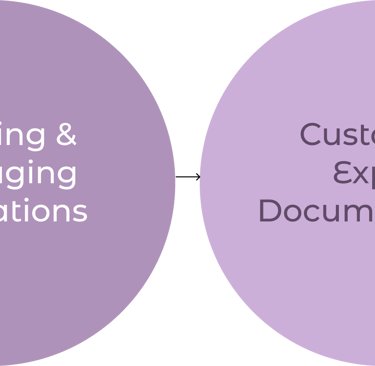
Pharma Trade Compliance: What Every Exporter Should Know
In the complex world of pharmaceutical exports, compliance is more than just a checkbox—it’s the backbone of global trust. Regulatory missteps can lead to costly delays, damaged reputations, or even banned shipments. For pharmaceutical exporters, staying on top of compliance is not optional; it's essential.
6/18/20251 min read
Understanding Compliance in Pharma Exports
Trade compliance refers to adhering to the laws, regulations, and guidelines governing the movement of pharmaceutical products across borders. These include everything from customs declarations and packaging standards to product registration and documentation accuracy.
Unlike other industries, pharma exports are heavily scrutinized due to public health concerns. One missed form or incorrectly labeled shipment can create serious legal and health risks.
Key Components of Pharma Trade Compliance
Product Registration & Licensing: Before exporting, most countries require registration of pharmaceutical products with their local drug authority. This can take months and often includes dossier submissions, stability studies, and bioequivalence data.
Labeling & Packaging Regulations: Exporters must adapt product packaging to local language, regulatory symbols, expiry formats, and even climate-specific packaging materials.
Customs & Export Documentation: Proper invoices, certificates of origin, Free Sale Certificates, GMP certifications, and shipping documentation must all align with both Indian and destination-country requirements.
Cold Chain Management (if applicable): Temperature-sensitive products must adhere to WHO guidelines on cold chain logistics, which many countries strictly enforce during customs inspections.
Common Pitfalls and How to Avoid Them
Assuming One Standard Fits All: A product approved in one country doesn’t automatically meet another’s standards. Always review destination-specific requirements before shipping.
Ignoring Country-Specific Bans or Quotas: Some nations periodically restrict or limit the import of certain APIs or formulations. Staying updated with trade advisories is critical.
Overlooking Export Control Laws: Certain high-risk medications or precursor chemicals are subject to tighter controls under international treaties. Failure to comply can result in penalties or blacklisting.
Compliance is a Competitive Advantage
Staying compliant isn’t just about avoiding fines. Companies that consistently meet regulatory expectations gain faster market entry, build stronger relationships with buyers, and establish a reputation as reliable exporters.
In a competitive global market, compliance can be the edge that sets your business apart.

